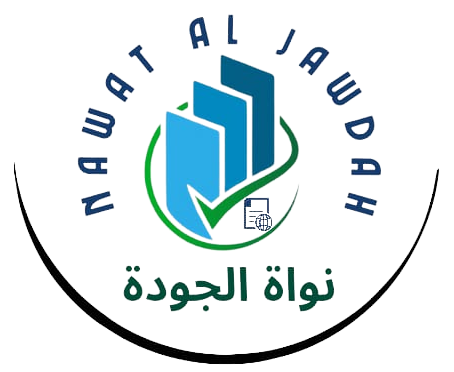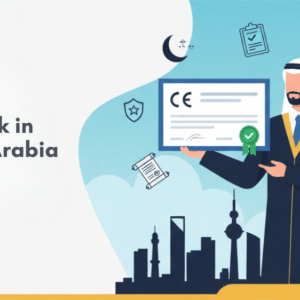EFQM (European Foundation for Quality Management)
EFQM (European Foundation for Quality Management) is a globally recognized framework that helps organizations drive continuous improvement and achieve excellence. Rooted in best practices, the EFQM Model focuses on enhancing performance, fostering innovation, and achieving long-term sustainability. It provides a comprehensive approach to quality management by aligning strategies, processes, and people to deliver superior results.
Industries EFQM Covers
The EFQM framework is highly versatile and applicable across diverse sectors, including:
- Manufacturing: Streamlining operations and improving product quality.
- Healthcare: Enhancing patient care and optimizing resource utilization.
- Education: Driving excellence in academic performance and administration.
- Public Sector: Ensuring efficiency and transparency in service delivery.
- IT and Technology: Promoting innovation and superior project execution.
- Hospitality and Tourism: Improving customer experiences and operational efficiency.
- Nonprofit Organizations: Enhancing impact and stakeholder satisfaction.
Benefits of EFQM
- Improved Performance: Helps identify strengths and areas for improvement, leading to better outcomes.
- Customer Satisfaction: Enhances customer focus and builds trust by consistently delivering value.
- Employee Engagement: Fosters a culture of collaboration and innovation, empowering teams.
- Strategic Alignment: Aligns goals and processes to ensure organizational success.
- Global Recognition: Positions your organization as a leader in excellence and quality.
- Sustainability: Promotes responsible business practices for long-term success.
- Innovation and Agility: Encourages adaptability in a rapidly changing environment.
Key Features of EFQM
- Holistic Framework: Covers leadership, strategy, people, partnerships, and processes.
- Assessment and Benchmarking: Enables organizations to evaluate performance against global standards.
- Outcome-Focused: Emphasizes achieving measurable results in business and stakeholder satisfaction.
- Adaptable Model: Scalable for organizations of any size or industry.
- Continuous Improvement: Encourages a cycle of assessment, planning, implementation, and review.
- Recognition Levels: Provides a clear pathway for achieving excellence, from “Committed to Excellence” to “Recognized for Excellence.”
- Integration with ISO Standards: Complements ISO certifications to deliver comprehensive quality management.
The EFQM Model is an invaluable tool for organizations seeking to achieve and sustain excellence. By adopting this framework, you can enhance operational efficiency, foster a culture of innovation, and deliver superior value to customers and stakeholders.





Reviews
There are no reviews yet.